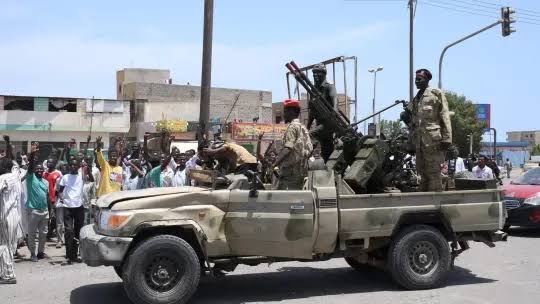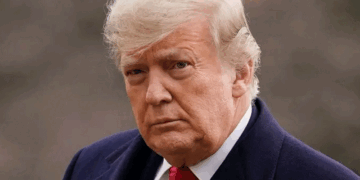In a bid to reconcile Sudan’s warring political groups, Cairo hosted formal talks on Saturday, marking the first attempt in nearly 15 months to ease tensions. However, hopes for swift resolution were dashed as key factions clashed and major players like the army and Rapid Support Forces (RSF) remained absent.
Why It Matters
The Democratic Bloc, aligned with the military, refused joint sessions with the Taqaddum faction, accusing them of sympathizing with the RSF. This rift highlights the deep divisions hindering peace efforts since the conflict erupted in April 2023, displacing nearly 10 million people and triggering ethnic violence largely blamed on the RSF.
General Abdel Fattah al-Burhan of the Sudanese army reaffirmed a stance against negotiating with the RSF or its backers, amidst worsening humanitarian conditions and escalating military actions in regions like Sennar.

What They Are saying
Egyptian Foreign Minister Badr Abdelatty emphasized the urgent need for sustainable peace, underscoring the catastrophic impact of ongoing hostilities. However, previous negotiations sponsored by the US and Saudi Arabia collapsed last year in Jeddah, reflecting the complexity and entrenched interests at play.
While Egypt facilitated the talks, seating arrangements at the conference illustrated the stark divisions, with little progress beyond forming a small subcommittee tasked with drafting a final statement. Democratic Bloc leader Jibril Ibrahim downplayed expectations, criticizing any camaraderie with alleged perpetrators of crimes against civilians.
Former Prime Minister Abdalla Hamdok, head of the pro-democracy Taqaddum coalition, rejected accusations linking them to the RSF, urging patience and incremental progress amidst the intricate crisis.
Bottom Line
US Special Envoy Tom Perriello expressed hope that momentum from Cairo’s discussions would carry forward into upcoming African Union-led initiatives.














